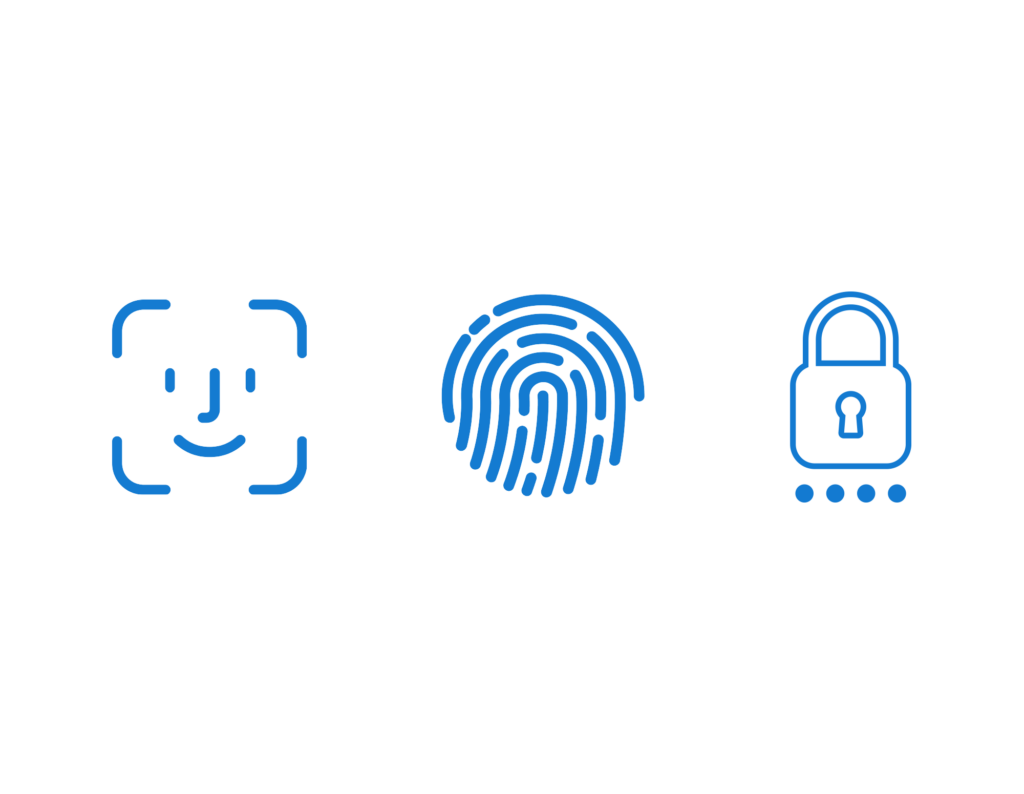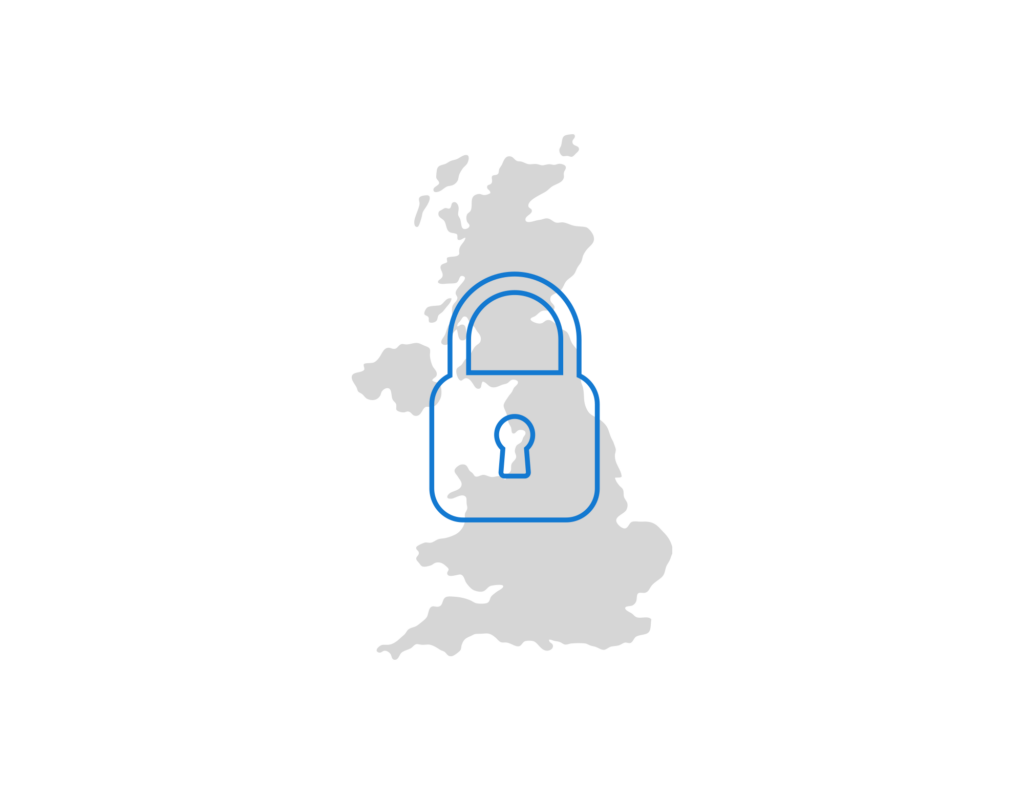
In this digital age, accepting payments online is a must for businesses big and small. Whether you're selling handmade crafts or offering consulting services, the convenience of online payments can't be beaten. However, with great convenience comes great responsibility. Ensuring the safety of your customers' financial information should be a top priority. So, let's dive into the basics of of online payment security.
What’s in this article?
First things first, let's talk about the basics. To start accepting card payments online, you'll need a few key elements:
Now, not all payment providers can offer all the components within one solution. For example, you may need to seek a payment gateway from one provider and a merchant account from another.
To keep things simple and your processing costs at a minimum, here at Total Processing we offer it all within a unified platform. On top of the aforementioned payment gateway and merchant account, our merchants also gain access to a network of more than 300 acquirers, over 198 alternative payment methods, reporting and analytical tools to keep track of transactions and so much more.
Now, let's talk about the tools that will increase your online payment security:
Invest in a Secure Sockets Layer (SSL) certificate for your website. This encrypts data transmitted between your website and your customers, ensuring sensitive information stays confidential. It also adds a layer of trust for your customers. Without the lock symbol next to your URL, which this certificate provides, you’re likely to scare off your customers.
As part of the 3D Secure 2.0 regulations, enable 2FA for secure online payments, particularly on high-value items. This adds an extra layer of security by requiring users to verify their identity through a second method, such as a passcode sent to their mobile device or fingerprint/facial recognition.
For recurring payments, this will only need to be completed during the initial setup; after that tokenisation will come into play.

Tokenisation is a secure way of saving a consumer’s payment details so that future payments can be taken with complete ease without the need for more information, often used within recurring payments and subscriptions. The card details are swapped for a token; a random selection of numbers. This token cannot be encrypted, so even if someone else gets hold of the token, they won’t be able to decipher what the card details attached to it are.
AVS checks the billing address provided by the customer against the one on file with their credit card issuer. Implementing this tool is a great way to verify the card user and reduce the risk of fraudulent transactions.
Don’t underestimate the importance of choosing the right payment provider. What fraud tools they offer is a crucial consideration in determining the security of your online payments. With Total Processing, we provide a fraud suite of 120 tools, including those mentioned above.
Find out more about how we can help you accept secure online payments via Total Defender.
Since the payment gateway is the key between all the components withing the payment cycle, it’s crucial to pick the right one for your business needs and security concerns. When selecting a payment gateway, consider the following:
Keeping up to date with the latest regulations can be tricky, but being PCI DSS compliant (Payment Card Industry Data Security Standard) is crucial for any business handling credit card information. To achieve and maintain compliance, you’ll need to adopt a proactive approach. Start by selecting a payments provider that adheres to PCI standards, ensuring that the infrastructure supporting your online transactions meets the necessary security requirements.
Regularly update all software to promptly address any potential security vulnerabilities. Additionally, limit the storage of customer data to the essentials and implement a routine data purge to minimise the impact of a potential security breach. By consistently following these practices, you not only protect your customers' sensitive information but also contribute to the overall security of your online payment ecosystem.

Fraud is an unfortunate reality of online transactions, even with all the right tools in place to prevent them. But there are additional steps you can take to minimise the risk:
While the digital landscape offers incredible opportunities for businesses, it's essential to prioritise the safety of online transactions. By implementing the right tools, choosing secure payment gateways, staying PCI compliant and actively working to reduce the chance of fraud, you can create a secure environment for both your business and your customers. So, go ahead, start implementing these tools and securely accept online payments!